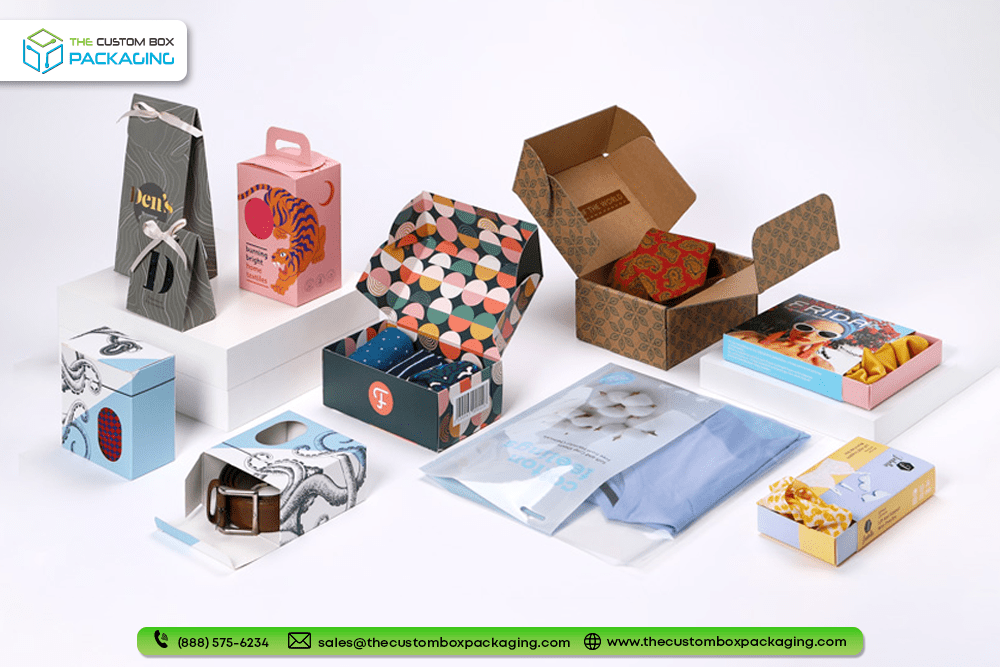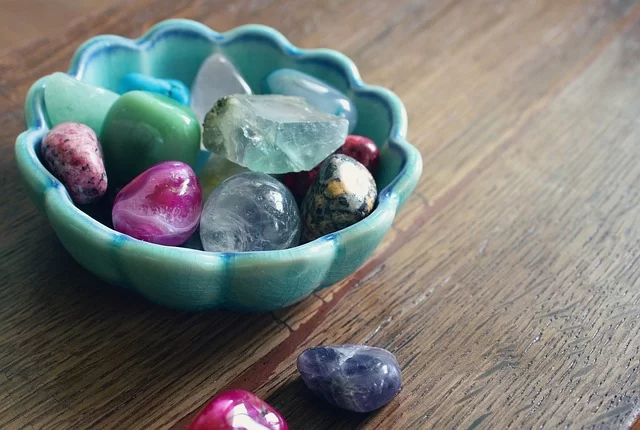Aren’t you awestruck by lab-created flavors? Food tastes significantly better when it’s been added flavor by cool chemical compounds… But not!
Artificial flavorings are all over the place. They’re present in restaurant meals that are cheap frozen foods, frozen meals as well as just about everything packed in vibrant plastic. Yet, we appreciate organic foods, the items that taste amazing by themselves. By the way, do you know what are the top coffee producing states in India ?
This is why top-quality restaurants cost you dozens, or hundreds of dollars for a plate. They procure top-quality fresh, delicious, and extremely flavorful ingredients to make their meals. They don’t require any artificial, and “natural” flavors made in the laboratory. They simply cook fantastic food.
We think our coffee should be this way too.
- There are no flavor oils sprays the roast
- No artificial additives are created in a laboratory to mask the flavor of beans that are low-grade
- Well-groomed, meticulously processed and expertly roasted beans
However, we’ll be honest and admit that we can see why flavored coffee has become so well-known.
As the cost of coffee beans increased in the 1960’s, many coffee producers couldn’t afford the top quality beans anymore, and were forced to purchase less-quality beans. To counteract the negative bitter and bitter tastes they began spraying the beans with delicious oils that tasted like cinnamon, raspberry, and cocoa.
Coffee with flavor became popular due to the fact that it was cheap. From a financial standpoint, it made total sense. However, the world of coffee has moved on to other things.
The time has come to where the flavored coffee that we buy is for the most part, irrelevant. There’s no reason to spend money on coffee that’s flavored, rather go for a espresso machine.
Let me tell you why.
1. Flavored Coffee is almost always low-grade coffee
It shouldn’t come as a surprise. You don’t mix fine Scotch into a fruity drink. You shouldn’t cook award-winning red wine into your meal sauce. You don’t cook expensive Kobe beef steaks into your casseroles.
Coffee companies don’t purchase top quality beans only to cover them with flavor oils.
It’s the basic rule of economics in agriculture Sell the premium crop at a high price, and let the lower-feeders purchase the other crops that didn’t go so well.
This is coffee that has been flavored. It’s not the best beans, it has awful tasting (unless you are a fan of potato-like imperfections) and, worst of all, it’s an important factor in the economic cycles which make farmers in poverty.
2. Low-Grade Coffee is a big problem for everyone.
Flavored coffee is the preferred choice for many since it’s affordable. For $8, you can buy a bag of caramel-flavored coffee? Nice!
However, this isn’t so great.
A study from 2010, cited by the Specialty Coffee Association of American’s (SCAA) whitepaper, titled Hunger in the Coffeelands which found that 63 percent of the coffee-growing families within Central America experience food insecurity and malnutrition at some time each year.
Inability to educate, lack of education to afford healthcare as well as other poverty-related issues are triggered when the price of coffee is very low.
Do you know how much the farm earns out of the bag that costs $8 coffee flavored? Each deal is unique and can be as low as $1. Or less.
“In countries like Costa Rica, it’s clearly not sustainable, as evidenced by all the beautiful new condos and commercial developments that are steadily taking over former coffee farms in prime growing regions.”
She then goes on to explain that even in regions where $1 for a cup of coffee couldwork for brief periods of time, many coffee farmers eventually shift their the focus toward other fields. For what reason farmers put all his trust in coffee that isn’t profitable when he could also explore cacao, bananas or another crop that is more profitable over time?
The cheap coffee market has been the norm for many years however, it does not offer farmers the opportunity to change to grow, expand, or strategize. It doesn’t provide farming communities with enough money to invest in health care or education , or better coffee varieties.
It’s flavor-infused coffee with a flavor. It’s poor-quality and isn’t contributing to a better environment and isn’t sustainable for farmers in the long run (which implies it’s not suitable in the long-term for anybodylong-term).
Let’s return to the great information: your coffee can be extremely delicious and not break the budget.
There’s a better alternative, one that’s more delicious, better tasting and natural, as well as one it provides hope for a sustainable future.
3. The flavors Of Specialty Coffee Are Diverse and delicious
We’ve attained the new degree of coffee’s flavor in the past few years. These days, bitter, and bitter coffee are over. Days of exotic tastes with rich aromas and exciting acidities lie ahead.
Have you ever tasted coffee with the aroma of blueberries, spice or even rose with no flavor oil?
We’ve got some of these coffees. And so do many others.
We don’t require flavor oils to produce amazing tastes today. In specialty coffee, we find the best coffees by themselves. Make sure to select the right coffee mug type for your best brew. We look for the varieties that make for exotic, interesting We grind them in a manner that brings out those amazing flavours.
If flavor-infused coffee is the cheapest fast food for coffee then special coffee roasters can be Michelin star-rated coffee restaurants.
The most appealing thing is that specialty grade beans won’t drain your account. The price of specialty beans can typically cost between $14 and $24 for a bag, and that’s not enough when you think about the improvements in freshness and flavor.
However, not only will you enjoy your daily drink more, it’ll also be a blessing to the world.
Based on the research done in 2017 conducted by at the University of Natural Resources and Life Sciences The wide-spread change to single-origin coffees helped provide farmers, particularly those who are less vulnerable, with an enduring, stable growth.
The majority of our coffees come from suppliers by direct trade.
Our roaster basically goes directly to the farm and negotiates a deal with the farm in the person. This removes a couple of middlemen, places more cash to the farm owner, which grants the community more flexibility to invest in the services and enhancements it needs.
- We’re committed to promoting sustainable farming practices with our partners on the farm.
- We’re passionate about providing them with every chance to develop and flourish
- We’re committed to making the world an improved place for everyone
- Sourcing, roasting, and selling specialty coffees is what we’re doing.
Join us on this adventure. Get rid of the cheap flavoring beans and enjoy coffee the way it was meant to be appreciated.


